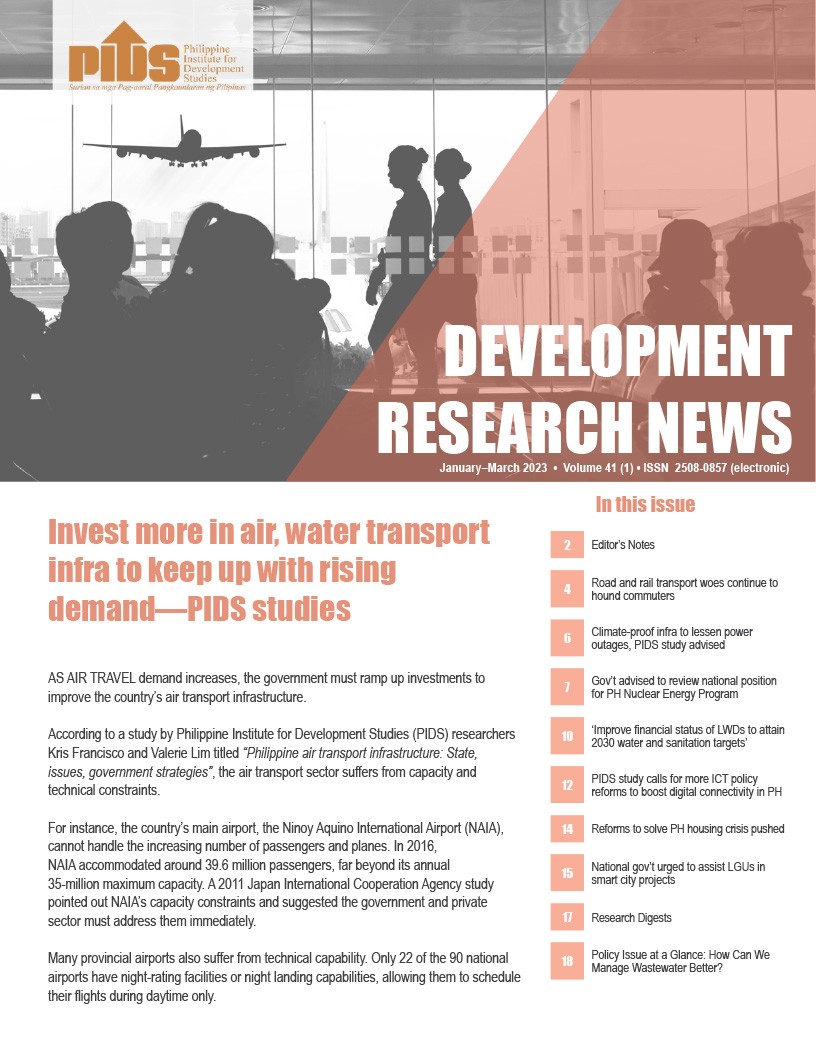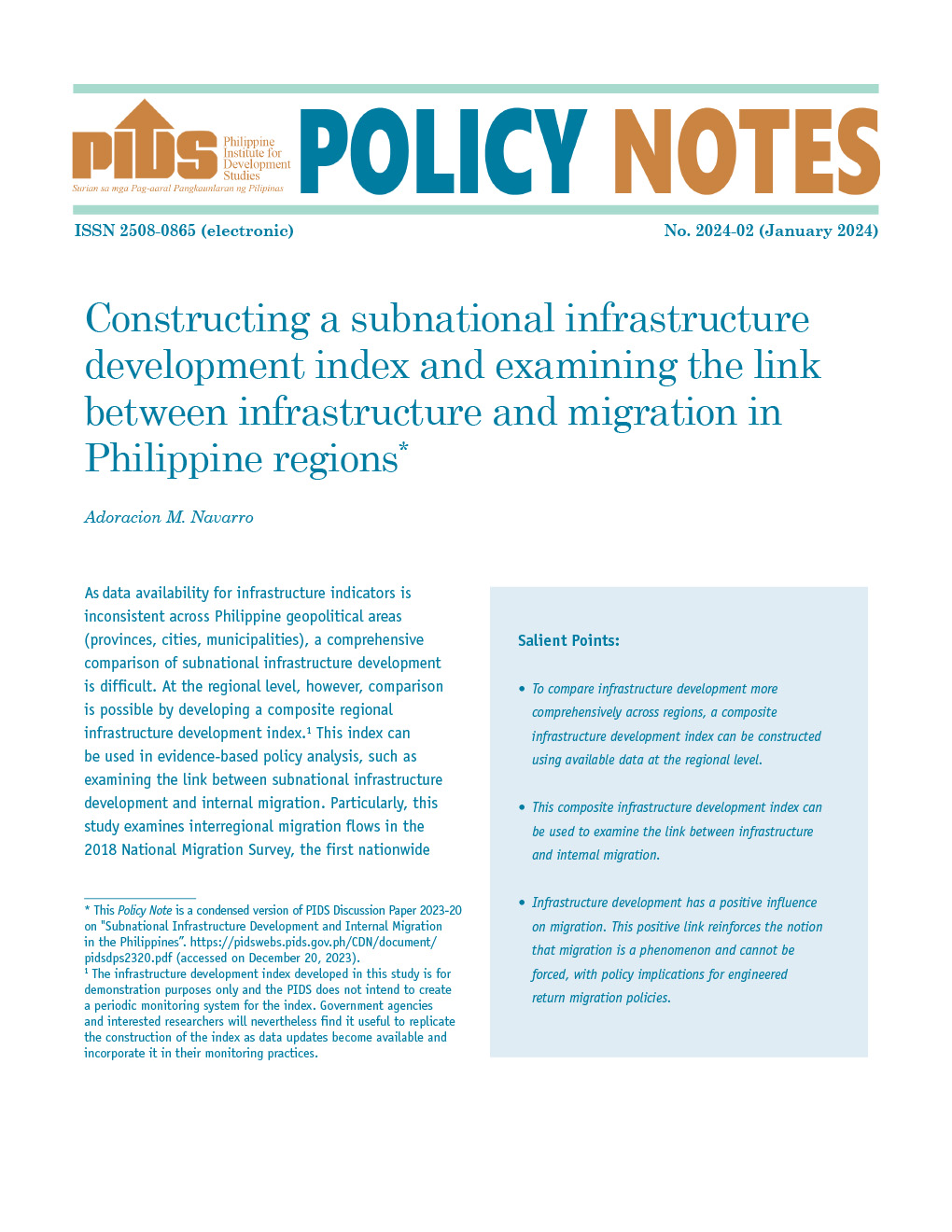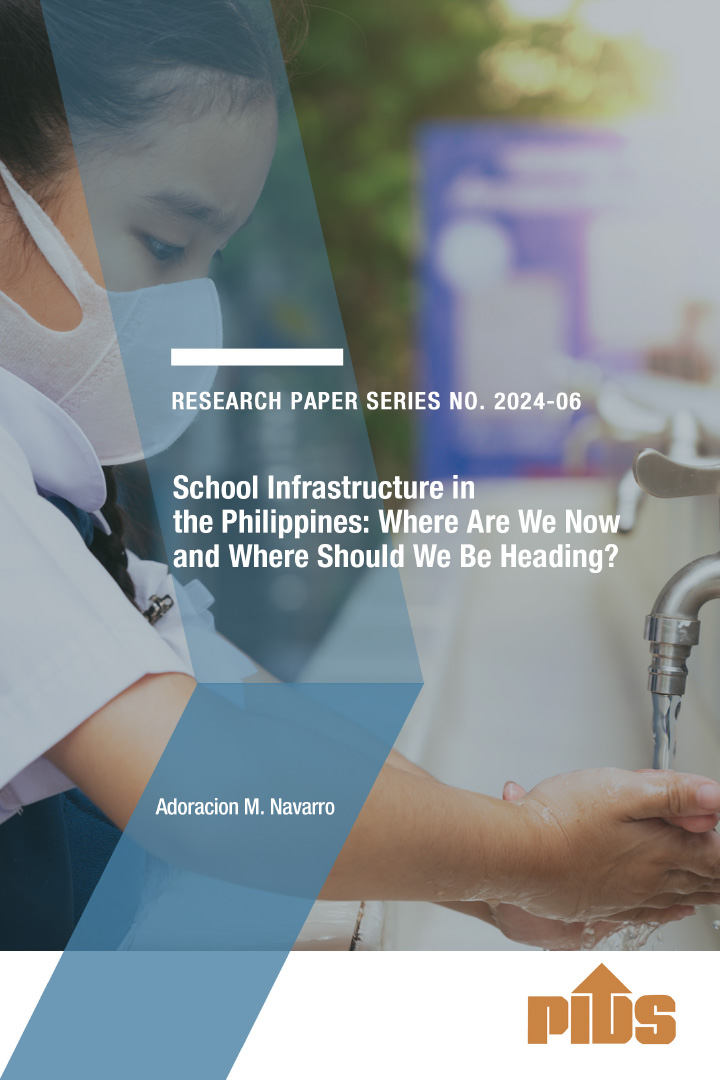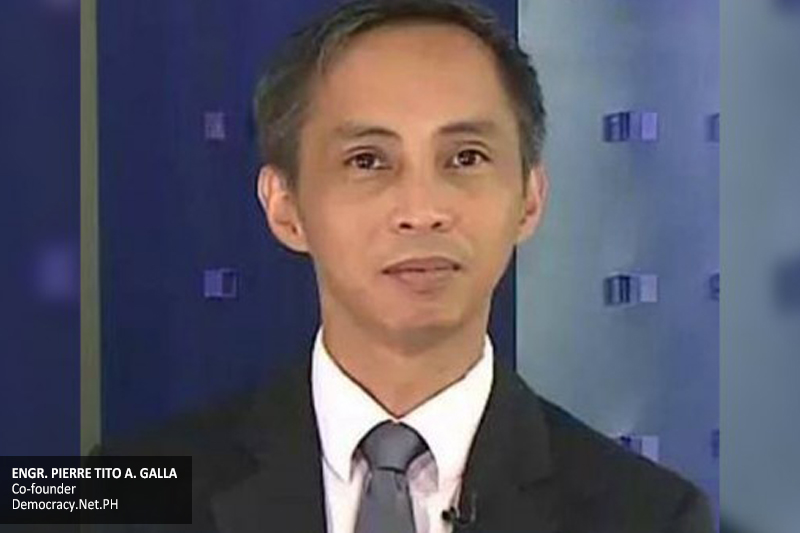The quality of the Philippine telecommunications regulatory environment is significantly below what is considered international best practice, thus a package of structural reforms is needed to reboot the sector and truly make it an engine of economic development, a report published by the Philippine Institute for Development Studies (PIDS) said.
Using a scoring system developed by the International Telecommunications Union (ITU) where 100 points represent the best possible scenario, the Philippines is only midway towards the ideal with a score of 52.5, according to a report entitled Rebooting Philippine Telecommunications Through Structural Reform report.
This is the second lowest in a group of seven Asean members, with Myanmar placing last with a score of 23.8. Singapore topped the list with a score of 87.
The report said structural change is required to improve regulatory quality and support the efficient functioning of the information and communications technology (ICT) markets. The reforms needed will consist of significant improvements in both the governance and substance of the regulatory system.
Specific rules or interventions and further liberalization are essential components but they will only work if an effective regulatory authority with the right mandate is in place,” the paper said.
Therefore, this should be prioritized in the reform agenda,” it added.
The report likewise said an important concern is universal access/service.
Indeed, market reforms will not be meaningful unless we achieve inclusive development as well,” the paper said
Eric Delos Reyes, chairperson of the Philippine Chamber of Telecommunication Operators (PCTO) acknowledged the findings of the study which described the local telco market as highly concentrated while highlighting the barriers to entry of a third player.
These barriers to entry according to the study include the need for a congressional franchise, spectrum availability, huge capital requirements, and the various licenses and permits from the different sectors of the government.
Delos Reyes said the said entry barriers may be the reasons why the Philippines has not seen new major telecoms companies investing in the country in the last 15 years or so while others have tried but did not stay long
From the business perspective, putting up a huge amount of money late in the game may not be viable considering that there is no immediate profitability due to the huge capital expenditure (capex) needed to build up the infrastructure and the high cost to maintain the operation annually in order to be competitive against incumbent players,” Delos Reyes said.
Delos Reyes also noted the cost of acquiring new subscribers, as a late entrant, traditionally is more expensive.
A key lesson from our own experience is to avoid using the same tool (e.g. competition) to directly address multiple objectives (e.g. efficiency and equity) all at once. We need to develop a better strategy and this should be aligned with a set of good practice criteria,” it added.
The report said that there are possible models from around the world that the Philippines can learn from and adapt to the unique requirements of the country.
In terms of the scope of services, only the Philippines and Myanmar do not include internet services as part of their definition of universal service. This is worth noting because given the rapid exchange of information and availability of other services online, the internet must be considered and recognized as one of the basic telecommunications services provided nationwide,” the paper said.
The report pointed out that the Broadband Commission for Sustainable Development in 2011 declared broadband access as a basic human right and has pushed to make broadband policy universal.
Countries have used different sources and measures to finance its implementation. Four Asean members have created a Universal Service Fund (USF) managed by their respective Ministries on Communication or Ministries of Finance,” the report said.
The paper said that the USF is a system of subsidizing telecommunications services to promote expansion of access to ICT services in unserved areas of a country
Malaysia and Indonesia mandates all ICT-service operators to allocate a percentage of their total gross revenue to the USF.
Other Asean countries adopt additional measures to finance the provision of their universal service policies, the paper said.












